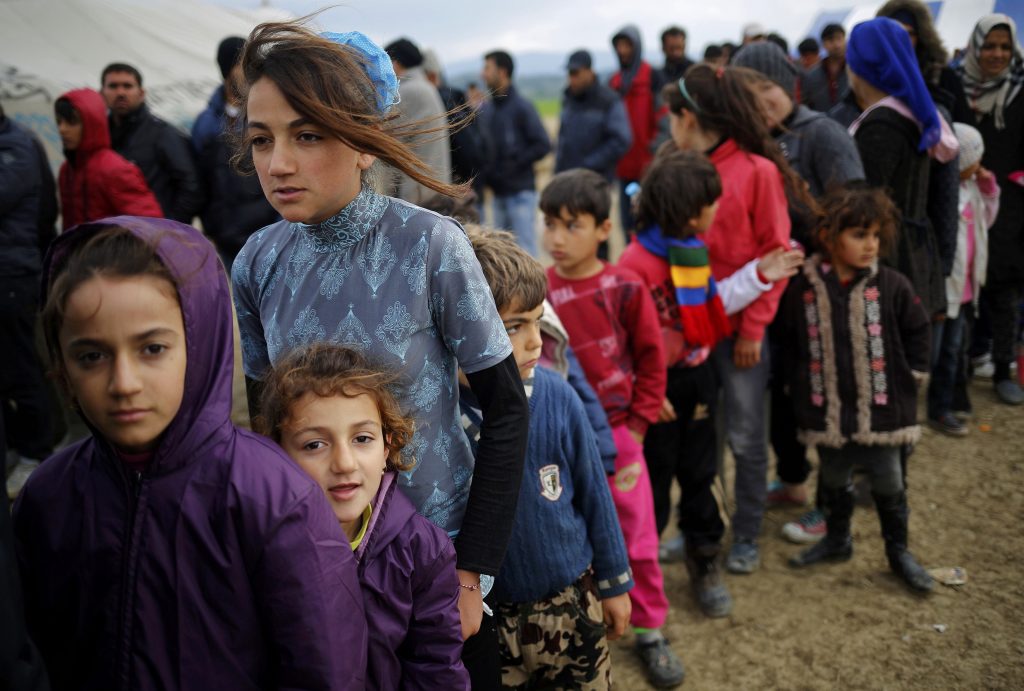What better way for migrants, members of host communities and others to get to know each other than by competing on the sports field and taking part in other joint activities?
The occasion was a commemoration of International Migrants Day and the fifth anniversary of the EU-IOM Joint Initiative for Migrant Protection and Reintegration (the EU-IOM Joint Initiative).
The venue was the Migration Response Centre (MRC) in Obock, Djibouti – a country of transit for mainly Ethiopian migrants travelling to or from Yemen, a gateway to Saudi Arabia.
Obock MRC is just one of 14 such centres in the Horn of Africa and Yemen. It is also among the busiest.
Through the MRCs, the International Organization for Migration (IOM), governments and other partners provide support to migrants who find themselves in difficult and sometimes life-threatening situations on key migration routes towards North Africa and Europe, the Arabian Peninsula, and South Africa.
The day began with an athletics competition and a soccer match between two teams made up of migrants, refugees from an adjourning camp, and members of the host communities.
Several other fun and sports activities were organized during the day, including volleyball matches, drawing and painting.
Thanks to the IOM, we are all getting back to life and hope to return to our country of origin which we miss so much
The official part of the ceremony kicked off later in the day and was attended by local authority representatives, communities leaders, law enforcement and school officials, among others.
In his opening speech, the vice president of the regional council of Obock, Ahmed Mohamed Ali, said he was happy to be celebrating the day with IOM and the partners represented. He emphasised that migrants were now part of Obock, and that this accounted for the local authority’s support for the work of IOM in the region.
Marie Hudault, the coordinator of the EU-IOM Joint Initiative in Obock, said: “Migrants are full members of society. They enhance mutual understanding, enrich a state’s culture and economy, and contribute to sustainable development in countries of origin as well as countries of transit and destination.”
She added: “Despite this, they are often the target of misleading and hostile rhetoric. We often see them suffer unimaginable hardships because of policies based on fear, not fact.”
A poetry recital was followed by a play on the dangers and risks of irregular migration, presented by students from Obock, while several migrants took to the stage to share their experiences.
“For those who want to leave in an irregular way, know that the dangers start as soon as you leave your country, you risk never returning. The best advice I can give you is to stay where you are, and whatever the difficulties there will be better days,” advised Bashir, a young migrant returning from Yemen.
Another migrant, Amir, recounted the hardships he faced. “I still bear the marks (both physical and mental) of my stay in the Arabian Peninsula. I was hungry, I had injuries. It was not easy. Thanks to the IOM, we are all getting back to life and hope to return to our country of origin which we miss so much. ‘’
The celebration continued with dancing to the rhythm of Ethiopian, Yemeni and local music, ahead of a hearty lunch.
The day ended with the awarding of trophies to the winners of the various competitions.
